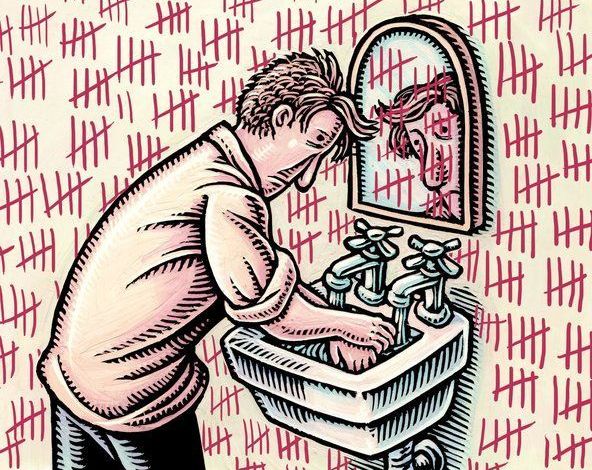Do you check things obsessively? If you do, you’re not alone. Checking is a common OCD behavior that can help you conquer your OCD symptoms. In this blog post, we will discuss the benefits of checking and how to make it work for you. We’ll also provide some tips on how to overcome any resistance you may have to check. So, if you’re ready to start conquering your OCD, keep reading.
Contents
What Is “Checking OCD”?
 Checking OCD is a subtype of OCD that is characterized by excessive checking behaviors. People with Checking OCD often feel the need to check things repeatedly to ensure that they are safe or to prevent something bad from happening. Common examples of checking compulsions include:
Checking OCD is a subtype of OCD that is characterized by excessive checking behaviors. People with Checking OCD often feel the need to check things repeatedly to ensure that they are safe or to prevent something bad from happening. Common examples of checking compulsions include:
– Checking the locks on doors and windows
– Checking appliances and electronics
– Also, Check to see if the oven or stove has been turned off
– Checking the gas tank or oil level in a car
– Re-reading texts or emails
While checking compulsions can vary from person to person, they all share one common goal: preventing harm. People with Checking OCD believe that if they don’t check, something terrible will happen. This might include their house burning down, being involved in a car accident, or even harming themselves or others.
Checking compulsions can be time-consuming and interfere with daily life. They can also cause a great deal of anxiety and stress. If you have Checking OCD, you may feel like you can’t leave the house without checking everything first. Or, you may get stuck in a cycle of checking and re-checking that takes up hours of your day.
Types of Checking OCD
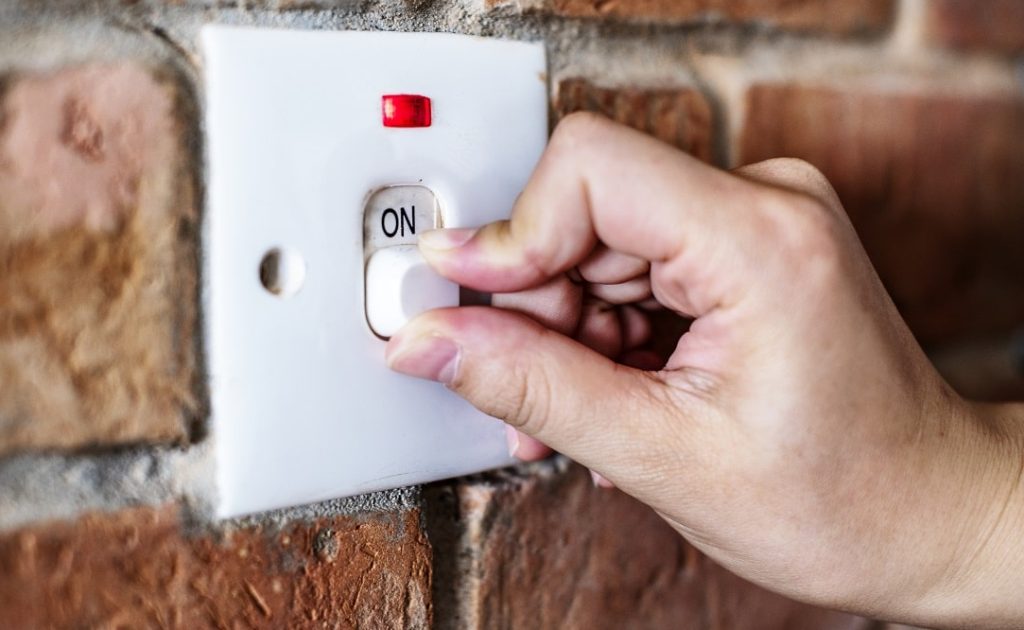
There can be many types of checking compulsions, but they generally fall into one of three categories:
Checking To See If Something Is Safe or Dangerous
There may be something in your environment that you’re worried about. It could be an appliance, the oven, or the stove. Maybe you think that if you don’t check it, it will explode or cause a fire. So you keep checking to make sure it’s turned off or unplugged. Some people are worried about leaving the gas tank on in their car. They may keep checking to see if it’s turned off.
Checking To See If You Did Something Wrong
You may feel like you have to check things because you’re worried you made a mistake. For example, maybe you sent an email to your boss and you’re not sure if you hit “send” or not. So, you keep re-reading it to make sure you didn’t make any mistakes. Or, perhaps you think you left the oven on at home, so you keep calling back to check. Checking can also be related to worries about contamination or germs. People with this type of OCD may repeatedly wash their hands or clean surfaces in their environment.
Checking For Memory Problems
People with Checking OCD may also have worries about their memory. They may think they will forget something important, so they keep checking to make sure they haven’t forgotten anything. This might include repeatedly checking the date or time, re-reading a list of things to do, or looking at the clock frequently.
Checking If Something Is Real
This type of Checking OCD is related to doubts about reality. For example, you may see something out of the corner of your eye and then doubt that it was there. So, you keep checking to make sure it’s not there. Or, perhaps you heard a noise and now you’re not sure if you imagined it or not. This can lead to checking to see if something is there or not.
Causes of Checking OCD

There are many causes of checking OCD, but the most common is a fear of harm. This can be a fear of harm coming to oneself or others. Some of these are
Genetics
Genetics are thought to play a role in the development of OCD. This is because OCD often runs in families. One of the main theories is that OCD is caused by a chemical imbalance in the brain. This theory is supported by the fact that medications that target these chemicals can be effective in treating OCD. Sometimes other mental health disorders run in families along with OCD. These include anxiety disorders, depression, and bipolar disorder.
Environment
It’s not just genetics that plays a role in the development of OCD. The environment can also be a factor. For example, if someone has a parent or sibling with OCD, they may be more likely to develop the disorder themselves. This is because they’ve seen first-hand how OCD can affect someone’s life and they may be more aware of their thoughts and behaviors. Additionally, people who have experienced trauma or stressful events are more at risk for developing OCD. This is because these events can trigger fears and worries that lead to compulsive checking behaviors.
Brain Structure
There is some evidence that the structure of the brain may be a factor in the development of OCD. Studies have shown that people with OCD tend to have a different structure in the front part of their brain compared to people without OCD. Additionally, people with OCD often have higher levels of activity in the front part of their brain. This increased activity has been linked to obsessive thoughts and compulsive behaviors.
Trauma
Another common cause of checking OCD is trauma. This can be a single event, such as a car accident, or it can be repeated events, such as abuse. Trauma can lead to intrusive thoughts and worries about harm coming to oneself or others. This can then lead to compulsive checking behaviors in an attempt to control these fears.
Abuse
One of the most common causes of checking OCD is abuse. This can be physical, sexual, or emotional abuse. Abuse can lead to intrusive thoughts about the abuser and worries about their safety. This can then lead to compulsive checking behaviors in an attempt to control these fears.
Negative Impacts of Checking OCD
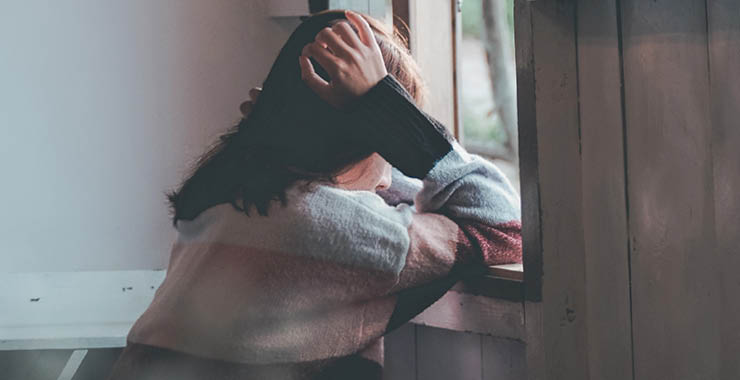
There are many negative impacts of checking OCD on people’s lives. Some of these are:
Isolation
Isolation is one of the main negative impacts of checking OCD. People with this disorder often avoid social situations and activities because they are afraid of making mistakes or being embarrassed. This can lead to feelings of loneliness and isolation. Sometimes there can also be a fear of leaving the house or going outside.
Loss of Productivity
Another negative impact of checking OCD is the loss of productivity. People with this disorder often spend a lot of time carrying out their rituals and checking behaviors, which can interfere with work, school, and other important activities. This can lead to problems such as being late for work, missing deadlines or falling behind in school.
Relationship Problems
Checking OCD can also cause relationship problems. The disorder can put a strain on relationships because it can be difficult to participate in activities with others when you are constantly worried about making mistakes or embarrassing yourself. In some cases, people with checking OCD may avoid social situations altogether to prevent these problems.
Constant Worry
People with checking OCD often live in a state of constant worry. They may be constantly worrying about making mistakes, forgetting things, or being embarrassed. This can lead to a lot of stress and anxiety, which can further impact other areas of life such as work, school, and relationships.
Impact on Daily Life
As you can see, checking OCD can have a significant impact on people’s lives. If you or someone you know is struggling with this disorder, it is important to seek professional help. There are treatments available that can help reduce the symptoms of OCD and improve the quality of life.
Self-harm
One of the most serious negative impacts of checking OCD is self-harm. People with this disorder often engage in compulsions that can cause physical harm, such as skin picking or hair pulling. This can lead to infection, scars, and other physical problems. In some cases, people with checking OCD may also harm themselves in more serious ways, such as cutting or burning themselves. It also can lead to thoughts of suicide and attempts at suicide. If you or someone you know is harming themselves, it is important to seek professional help immediately.
Treatment For Checking OCD
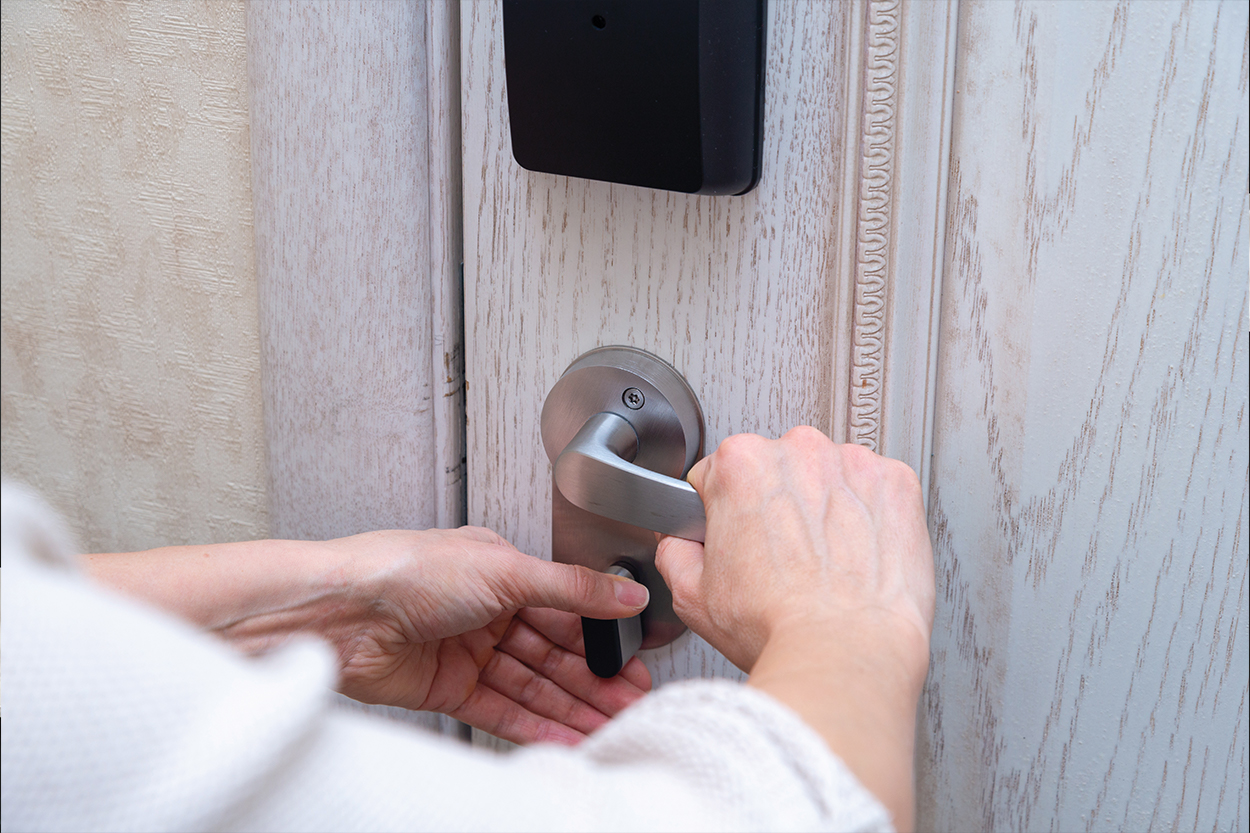
There are many ways to treat OCD, and the most effective approach depends on the individual. Some people may benefit from medication, while others may need a combination of medication and therapy.
Exposure and Response Prevention (ERP)
One of the most effective treatments for Checking OCD is Exposure and Response Prevention (ERP). ERP is a type of cognitive-behavioral therapy that involves gradually exposing yourself to your fears and learning to respond to them differently.
For example, if you’re afraid of dirt and germs, your therapist might have you touch doorknobs or shake hands with someone. As you expose yourself to these things, you’ll learn that they’re not as dangerous as you thought and that you can handle them without washing your hands or cleaning compulsively.
Medications
An SSRI (selective serotonin reuptake inhibitor) is a type of antidepressant that can be effective in treating OCD. SSRIs work by increasing levels of serotonin in the brain, which can help reduce OCD symptoms.
Examples of SSRIs include fluoxetine (Prozac), sertraline (Zoloft), and paroxetine (Paxil). Your doctor will likely start you on a low dose and increase it gradually until you find one that works for you. It may take several weeks or months to see the full effects of an SSRI.
Cognitive Behavioral Therapy
Another effective treatment for OCD is cognitive behavioral therapy (CBT). CBT helps you identify and change the thoughts and behaviors that contribute to your OCD.
For example, if you’re afraid of dirt and germs, CBT might involve learning about how germs work and how unlikely it is that you’ll get sick from them. You might also practice touching doorknobs and shaking hands with someone while using deep breathing and relaxation techniques to help reduce your anxiety.
How To Prevent Checking OCD?
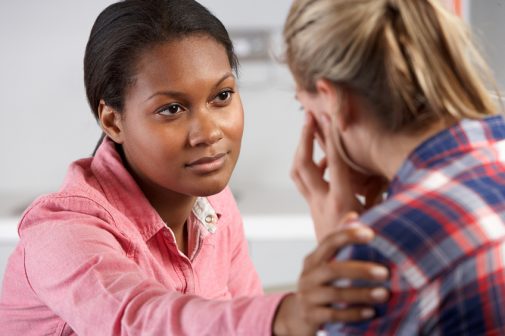
Preventing checking OCD can be difficult, but it is possible. Here are a few tips:
-Try to avoid situations that trigger your urge to check. If you can’t avoid the trigger, try to delay checking until the urge goes away.
-When you do find yourself in a situation where you feel the need to check, try to do something else instead of checking. For example, if you feel the need to check the locks on your doors, try taking a walk or calling a friend instead.
–Talk to someone who can help you understand and manage your OCD. A therapist can help you develop healthy coping mechanisms for dealing with your urges.
-Stay mindful of your thoughts and behaviors. When you catch yourself checking, take a step back and ask yourself why you’re doing it. Is there a reason to check? Or is your OCD just trying to trick you?
-Challenge your OCD. Once you’ve identified the thoughts and behaviors that are associated with your OCD, you can start to challenge them. For example, if your OCD tells you that you need to check the locks because otherwise, your family will be in danger, try telling yourself that this is just a thought and not reality.
-Avoid alcohol and drugs. Substance abuse can make OCD symptoms worse.
With these tips, you can start to take control of your OCD and live a more balanced life. Remember, you don’t have to let OCD rule your life. You can conquer it.
Conclusion
Checking can help you to overcome OCD. By learning how to check more efficiently and effectively, you can train your brain to respond better to anxiety-provoking situations. Checking can also help you to become more aware of your thoughts and feelings, which can ultimately lead to better self-control. If you find that checking is something that helps you to cope with OCD, then be sure to practice it in a way that is safe and healthy for you. Remember, the goal is not to eliminate all checking from your life, but rather to find a balance that works for you.
Hope this article was of help to you! If you are suffering from OCD, you may seek help from Therapy Mantra. We have a team of highly trained and experienced therapists who can provide you with the tools and skills necessary for overcoming OCD. Contact us today to schedule an online therapy or download our free OCD treatment app on Android or iOS for more information.
